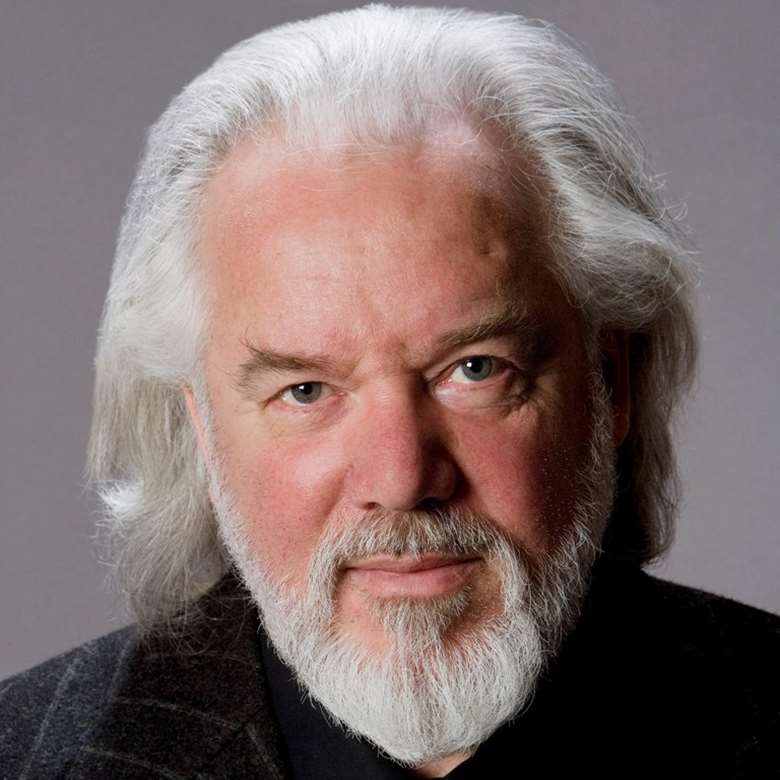The 2014 RPS Awards are announced
Tuesday, May 13, 2014
Barenboim, DiDonato and Birtwistle among the honourees

Register now to continue reading
Thanks for exploring the Gramophone website. Sign up for a free account today to enjoy the following benefits:
- Free access to 3 subscriber-only articles per month
- Unlimited access to our news, podcasts and awards pages
- Free weekly email newsletter







